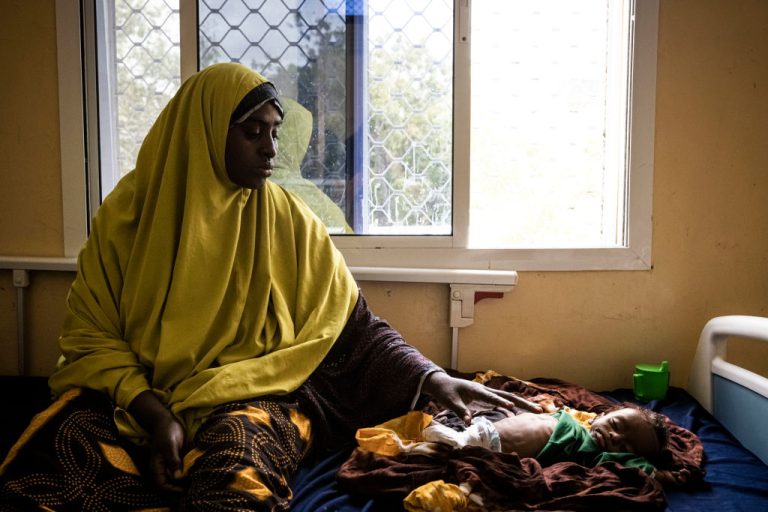On Monday, Sept. 5, the United Nation’s (UN) top humanitarian forum warned that Somalia is at a “tipping point” as many people are at risk of famine.
A few districts in the country are already facing famine, with warnings that, should aid not come, it could last until March next year.
Hunger crisis
The UN’s Inter-Agency Standing Committee (IASC) released a statement on Monday, requesting “support and humanitarian access to save lives,” pressed by the threat of nationwide famine in Somalia.
The UN warned that millions of Somalis are facing dire starvation, with women — especially pregnant and lactating women — and children under five becoming the prime targets for aid.
“Starvation and death are likely already occurring. During the 2011 famine, about 50 percent of the more than 250,000 people who died, did so before the official declaration. At least half were children,” the IASC said.
Success
You are now signed up for our newsletter
Success
Check your email to complete sign up
At the moment an estimated 20.5 million people across the Horn of Africa (Ethiopia, Eritrea, Somalia and Djibouti) are facing “a dire and entirely avoidable hunger crisis,” the chiefs in the region said. They also said that action should not be initiated by famine declarations alone.
The Horn of Africa is also facing its greatest drought in 40 years, with experts forecasting a “fifth consecutive failed rainy season,” Reuters reported. The country had been drying up from a “dire and grim” drought since June, with millions of Somalians, especially children suffering from acute malnutrition.
According to the UN Food and Agriculture Organization (FAO), in August, more than three million animals meant for the people perished, and crop production failed due to a lack of rainwater.
It is also said that the disruption of global wheat imports, as a result of Russia’s invasion of Ukraine, one of the world’s most prominent exporters of grain, played a part in the hunger crisis. The rising food and fuel prices from the war have also been cited as factors.
Grain exports have since been resumed following a deal brokered between Turkey and the UN, with one ship arriving in Djibouti. However, nonprofits say that the war has directed funds away from humanitarian efforts.
READ MORE:
- Somalia on the Verge of Officially Declaring Famine as Millions Struggle to Feed Themselves
- Over Seven Million in Desperate Need of Aid as Somalia Famine Risk Worsens
- India, 40% of Global Rice Exports, Has Lost 13% of 2022’s Crops to Drought
- Iran Suffering Famine? Beef, Dairy, and Fruit Consumption Dropped 30% in a Week
Call for funds
Despite the constant alerts by local authorities, UN agencies and non-governmental organizations (NGOs) have already warned about the starvation problems “for more than a year,” saying that there was no response.
While there has been global attention and initial efforts to increase humanitarian assistance, there has not been enough funding, due to an “explosion in needs.”
“Together, we have averted famine before. We can and must do so again,” the IASC said.
“In a world of staggering wealth, it is unacceptable that people are dying of hunger. We must take action now.”
The IASC also called for facilitation of access for humanitarian operations to take place, with additional pleas from partners to give funding to fuel humanitarian efforts and to escalate aid and prevent more casualties to starvation.
The UN’s World Food Programme (WFP) said that $473 million would be needed over the next six months to counter the crisis, but only less than four percent of the cash needed was raised following an appeal in February.
The other countries in the Horn of Africa are also facing the fallout of the drought. Around 20.4 million people in Ethiopia are estimated to be in need of food, while half a million people in kenya are facing a hunger crisis of their own.
In June, the World Bank approved $327.5 million to support pastoralists in the Horn of Africa.
UN Humanitarian Affairs Coordinator Martin Griffiths, also chair of the IASC, was in Somalia for five days for his very first visit to the country. He expressed how he was “shocked to his core” over the suffering of many Somalians.
“I have been shocked to my core these past few days by the level of pain and suffering we see so many Somalis enduring,” he told journalists in Mogadishu, Somalia’s capital.
“Famine is at the door,” he said, “and today we are receiving a final warning.”


















